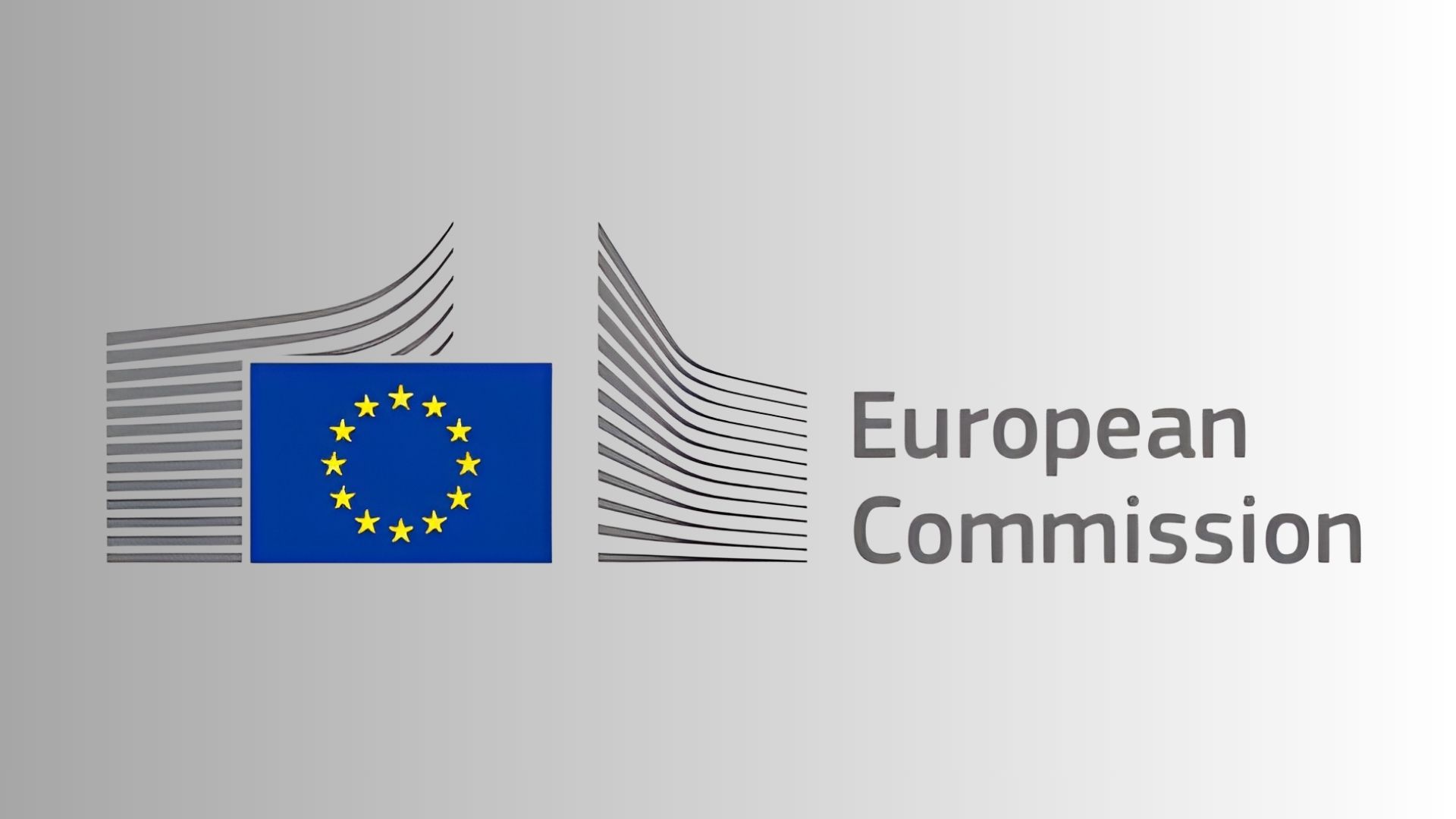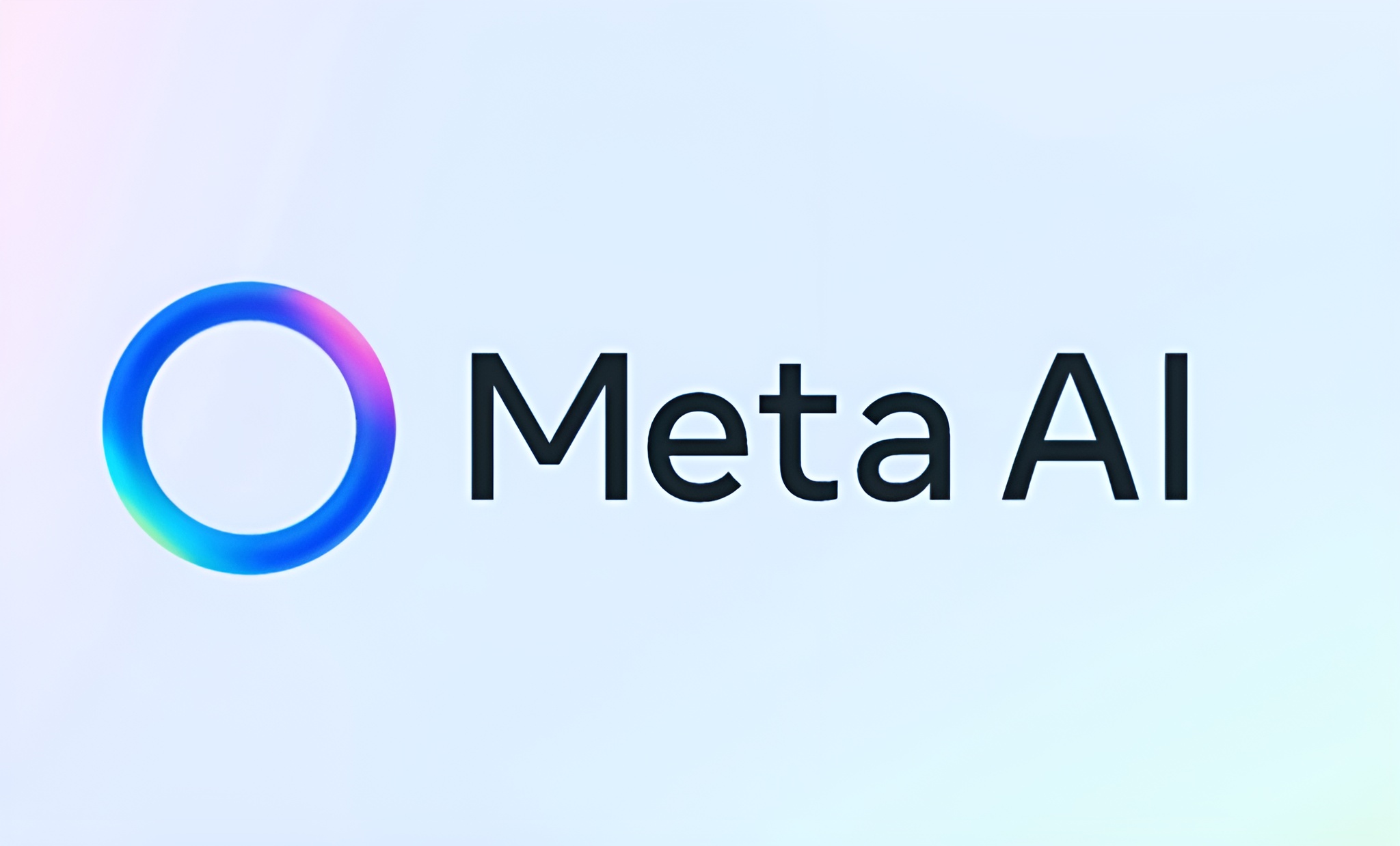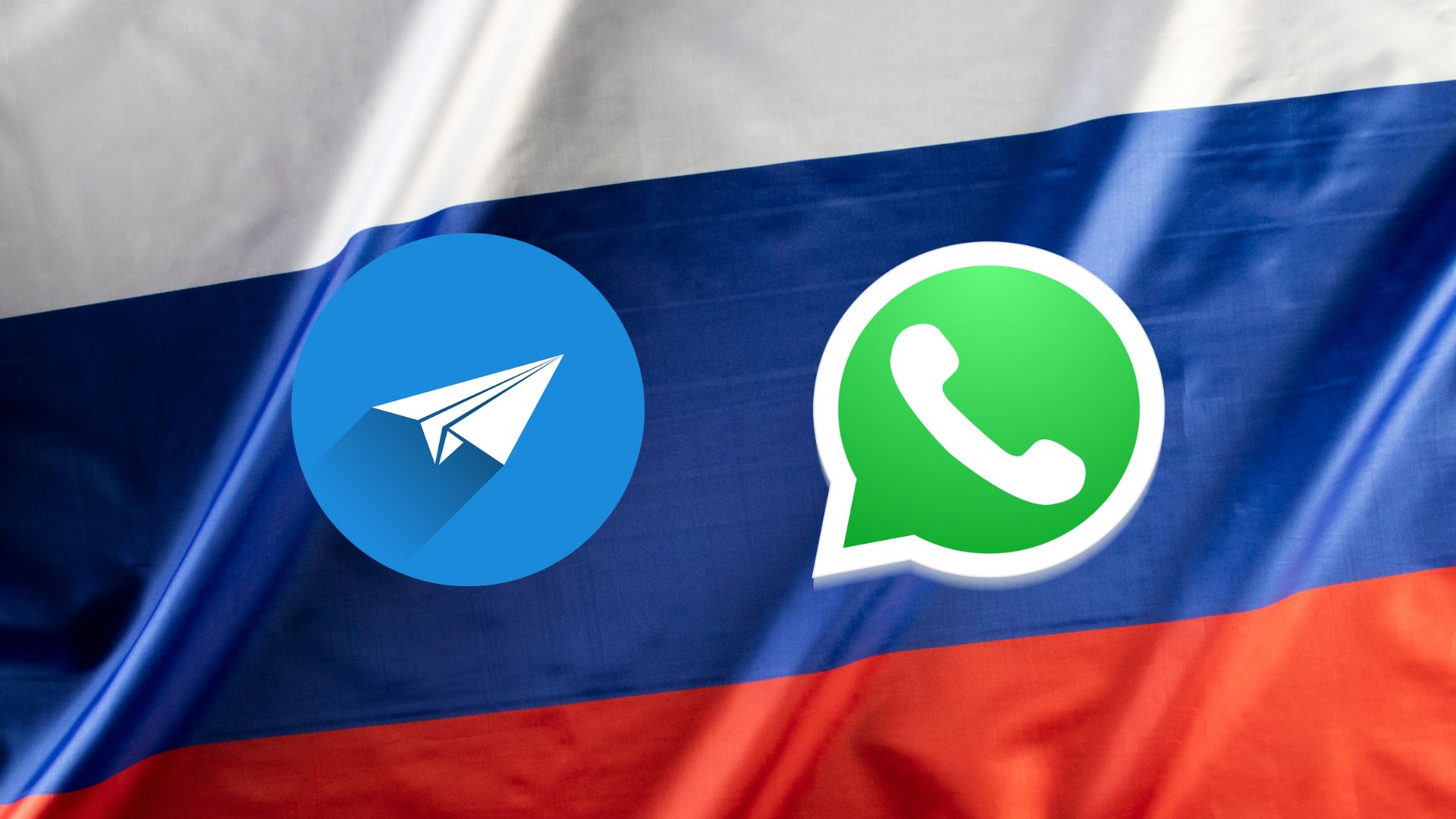Regulators in the EU have accepted binding commitments from TikTok aimed at improving advertising transparency under the Digital Services Act.
An agreement that follows months of scrutiny and addresses concerns raised in the Commission’s preliminary findings earlier in the year.
TikTok will now provide complete versions of advertisements exactly as they appear in user feeds, along with associated URLs, targeting criteria and aggregated demographic data.
Researchers will gain clearer insight into how advertisers reach users, rather than relying on partial or delayed information. The platform has also agreed to refresh its advertising repository within 24 hours.
Further improvements include new search functions and filters that make it easier for the public, civil society and regulators to examine advertising content.
These changes are intended to support efforts to detect scams, identify harmful products and analyse coordinated influence operations, especially around elections.
TikTok must implement its commitments to the EU within deadlines ranging from two to twelve months, depending on each measure.
The Commission will closely monitor compliance while continuing broader investigations into algorithmic design, protection of minors, data access and risks connected to elections and civic discourse.
Would you like to learn more about AI, tech and digital diplomacy? If so, ask our Diplo chatbot!










